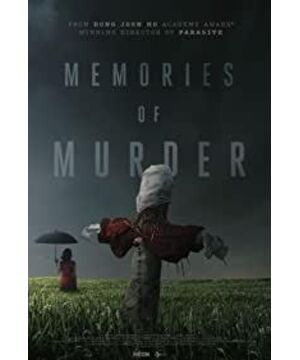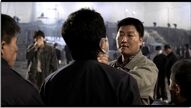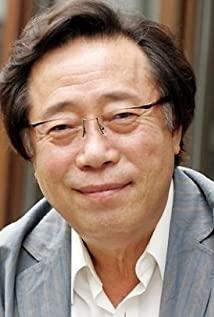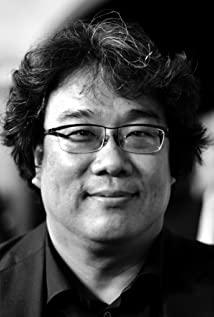Memories of Murder evaluation action
2021-11-18 08:01
As a crime-themed film, the film has a master level of suspense setting and handling, and the gloomy and depressing atmosphere is comparable to David Fincher's "Seven Deadly Sins." In addition, the witty and humor unique to Korean movies sometimes flashes in the film, forming a nearly perfect overall feeling. However, if "Memories of Murder" ends here, it is just a high-level commercial film. The film’s success lies in the fact that the memories of the era of the Korean military dictatorship are hidden behind a chain of murders. All the sin and resentment are actually about that era. The murderer in the film is always on the rainy night, the curfew siren sounds, and the street comes out to commit crimes when there is no one on the street. This is just a perfect irony of that dark age. As for the ending, it is even more shocking-no one thought that a suspenseful story would end in an unanswered way.
The "anti-type" style that the director has been pursuing can be seen everywhere in the film. Although everyone is trying to get close to the truth, the truth is as erratic as the shadow of a prisoner. Kim Sang-kyung, who is from Seoul, has always emphasized rational analysis and calm investigations, but he has learned how to behave badly through repeated failures, and even beat the already brutal and rude Song Kanghao. Here, the "cat and mouse game" between the police and the robber was broken, and the police became the object of being molested by criminals, making people feel deeply powerless and desperate.
Extended Reading
-
Detective Cho Yong-koo: I only beat you up because I care about you.
-
[last lines]
Detective Park Doo-Man: Did you see his face?
[Girl Nods]
Detective Park Doo-Man: What did he look like?
Schoolgirl: Well... kind of plain.
Detective Park Doo-Man: In what way?
Schoolgirl: Just... ordinary










